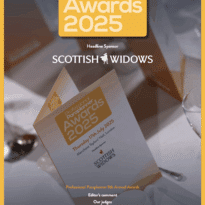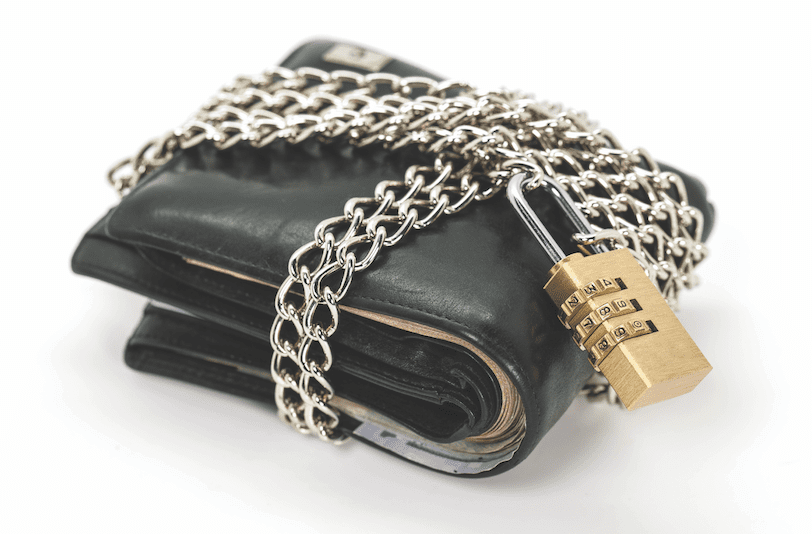Britons should look to cut their non-essential spending in half to cope with rising bills and the cost-of-living crisis, says budgeting app HyperJar.
According to HyperJar, Britons should replace the traditional 50/30/10 rule with a new 70/20/10 approach. This allows for 70% of take-home pay to go towards essential purchases such as rent, bills and groceries, while 10% is allocated to non-essential spending, 10% to a travel fund and the remaining 10% set aside for emergencies. With the average monthly pay for a UK full time worker sat at £2,773 a month, this method would allow someone to save £831 by the beginning of summer.
Britons are set to see their average household bills rise by £700 a year in the new tax year, as council tax increases by an average 5.1%, and mobile and broadband users facing price hikes of up to 17.3% this month.
Hyper Jar recommends people track their spending, looking at bank transactions and unnecessary purchases to see what can be removed. It also suggests having a target in mind, with a study by National Savings and Investments finding that people who set their savings goal save faster and up to £550 a year more than those who don’t.
Mat Megens, founder of HyperJar, says: “Achieving goals you’ve named and visualised is way easier than trying to do something without a clear picture in your head of what you want and how much it’s going to cost. There’s no magic wand but we can all drill down into our budgets to understand where our money is going, to save and cut costs where we can.
“Even if you can’t save much at all, being more conscientious with your spending will help you psychologically. An understanding of what you have and where it needs to go will help make navigating this period less stressful. Nowadays, when paying is so frictionless, it’s easy to overspend because there’s less of a concrete connection with money. Controlling the controllable is something everyone can do to get on the front foot.”































